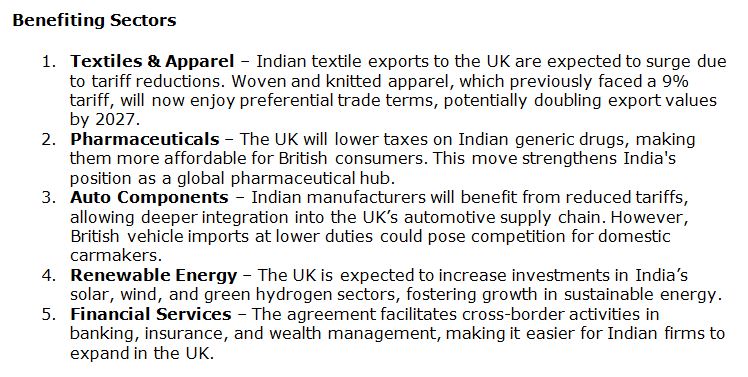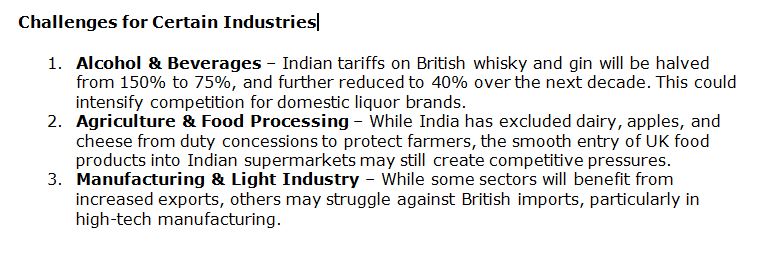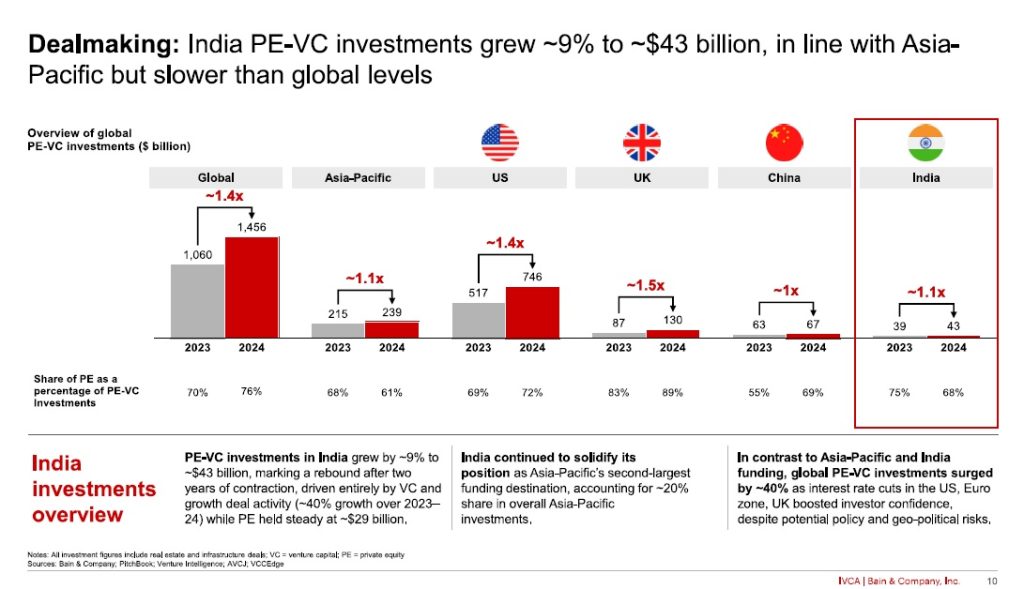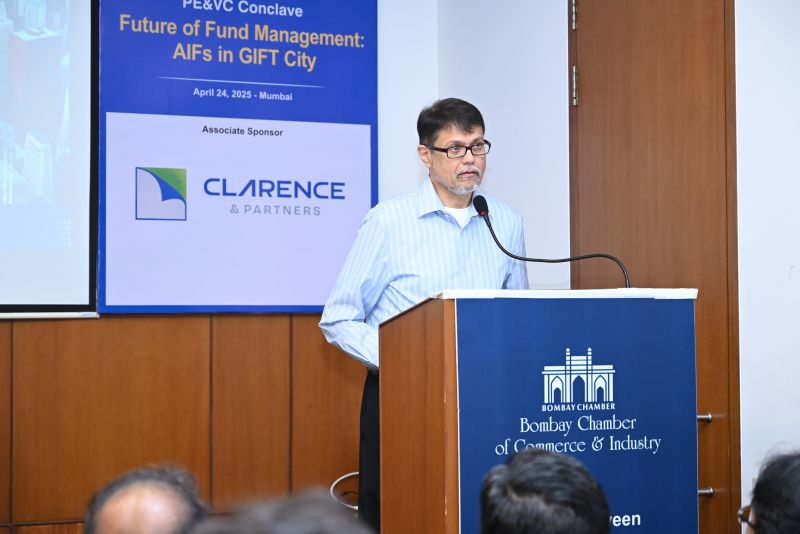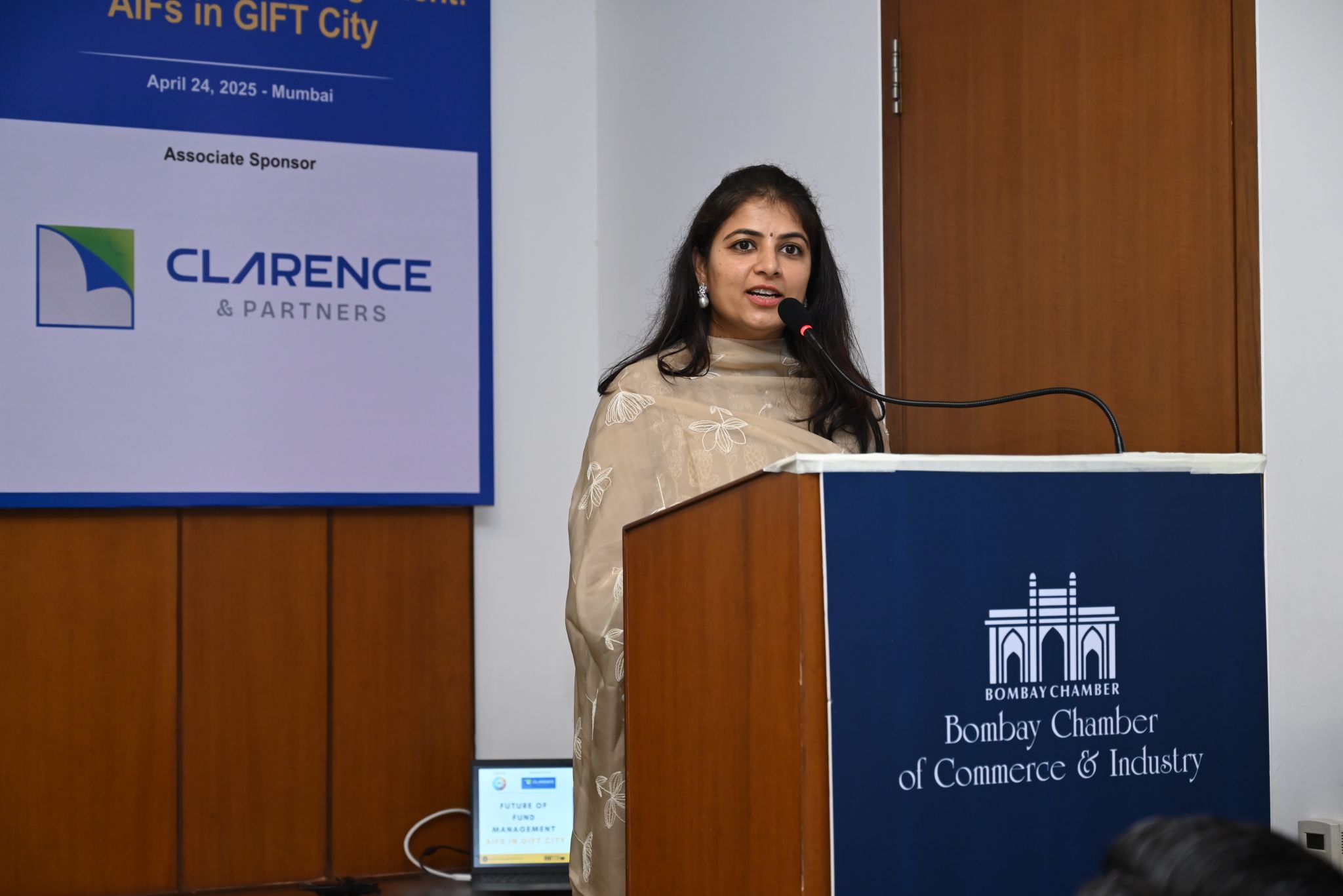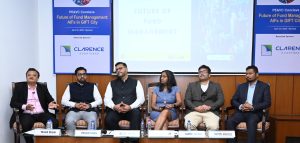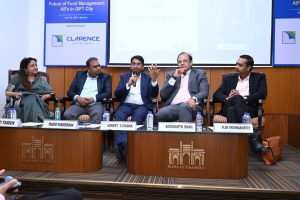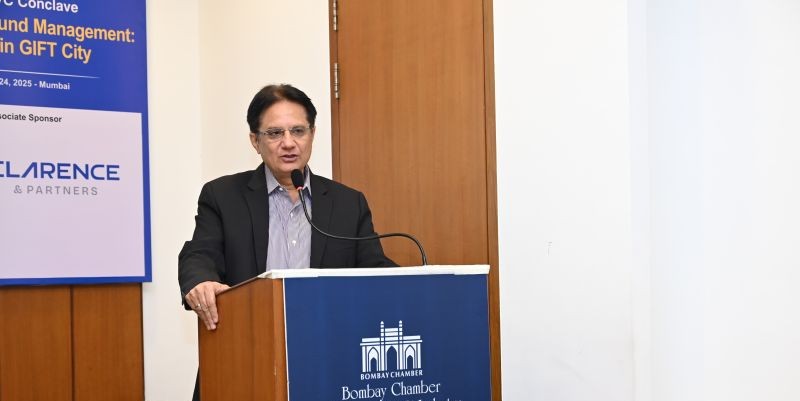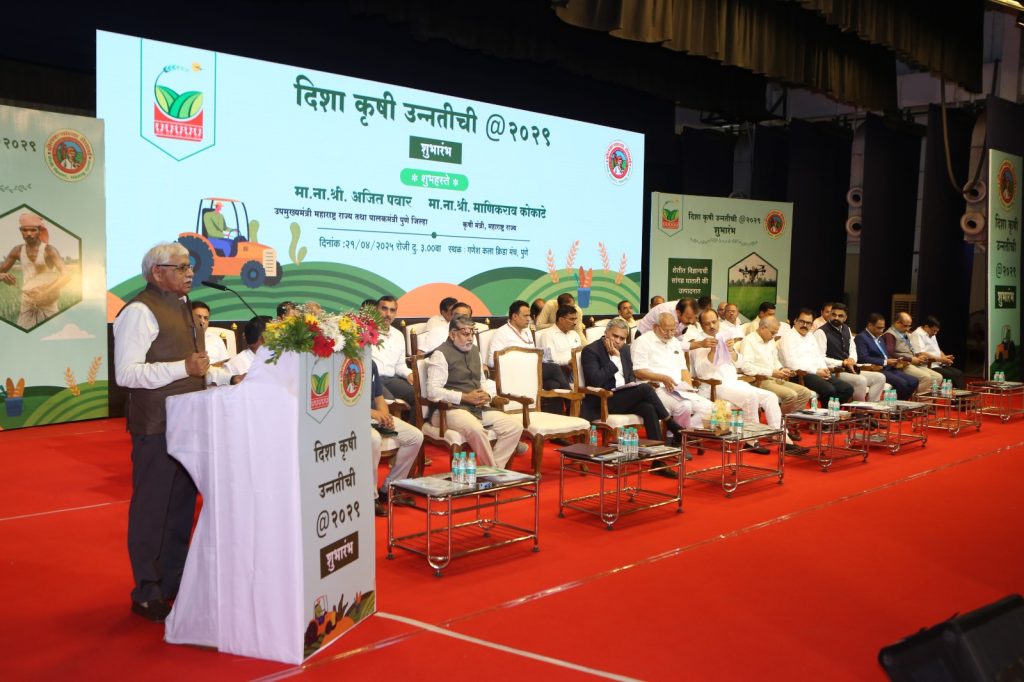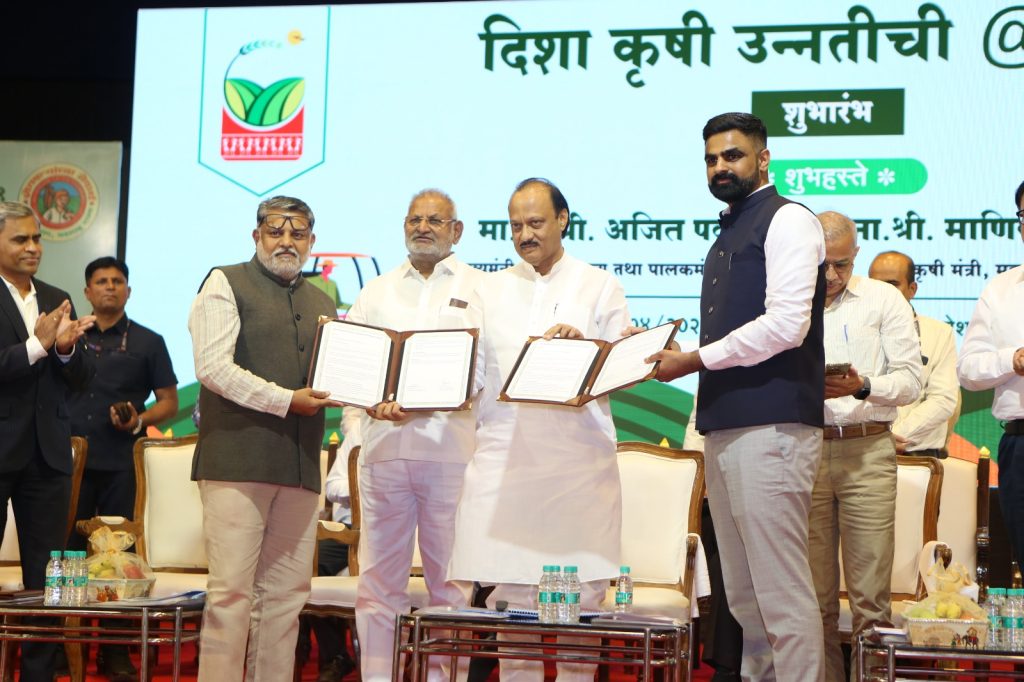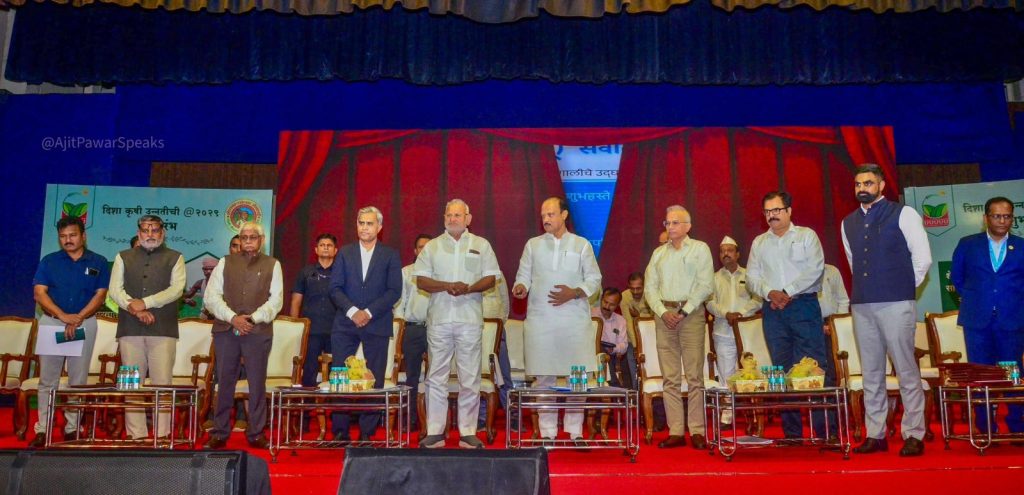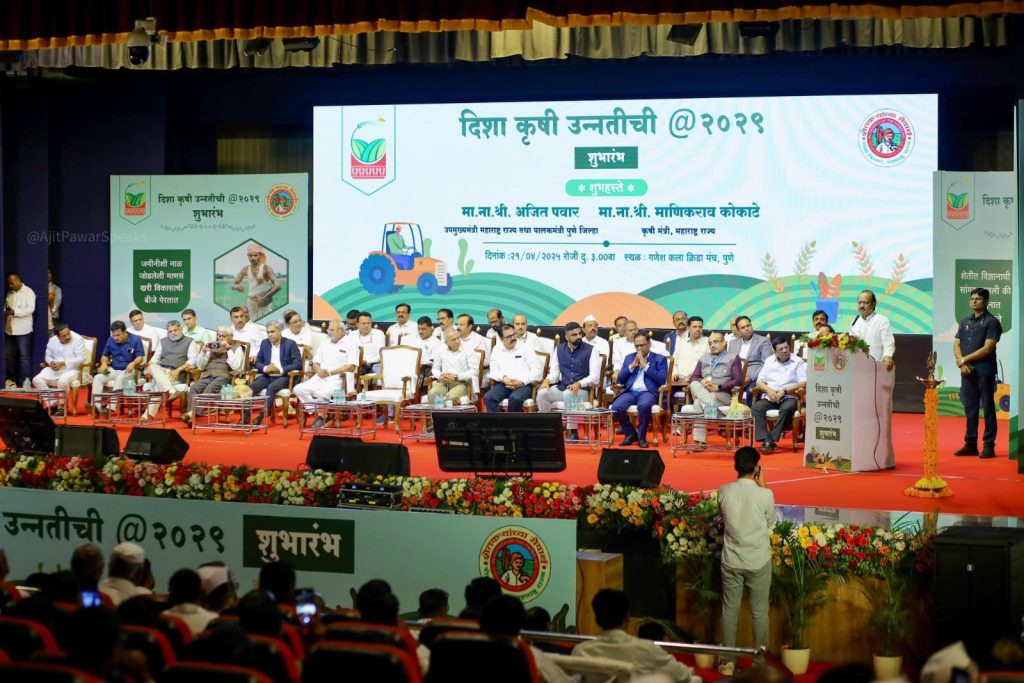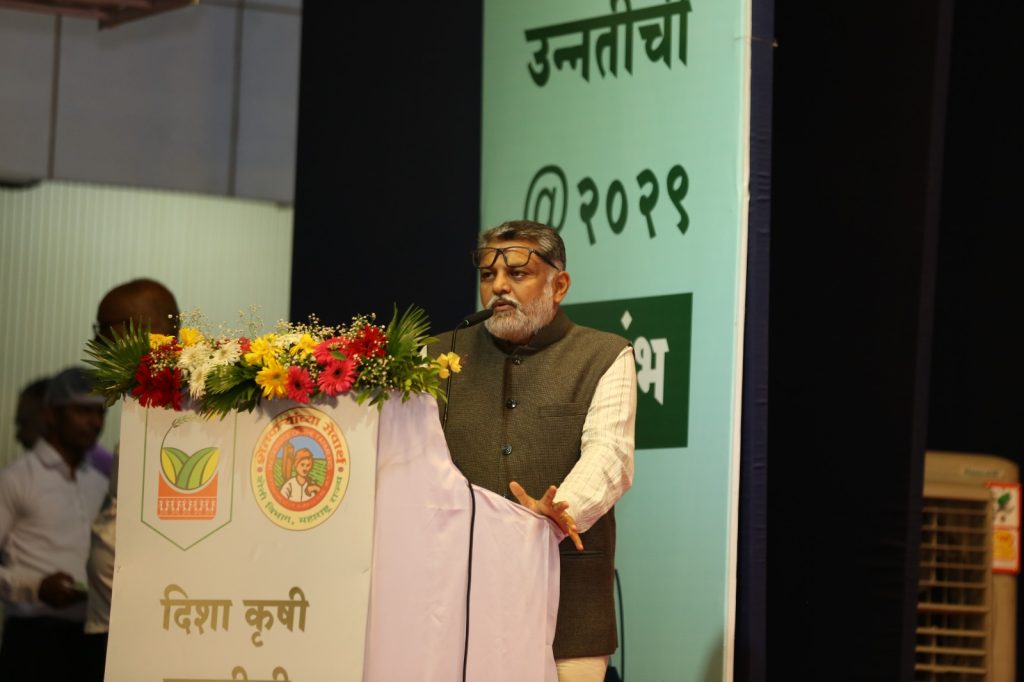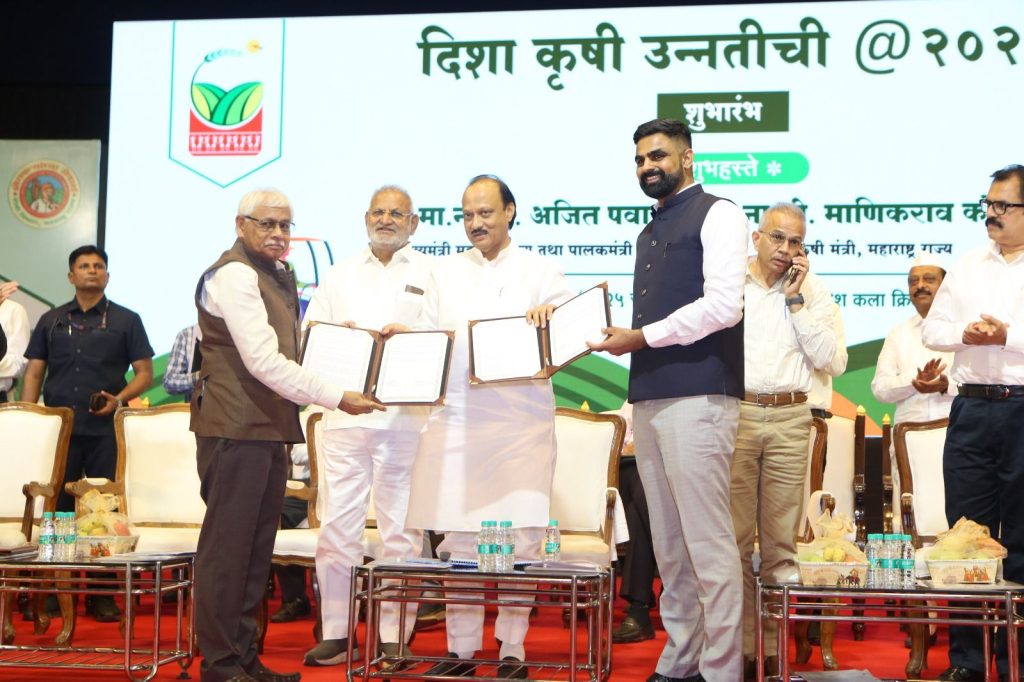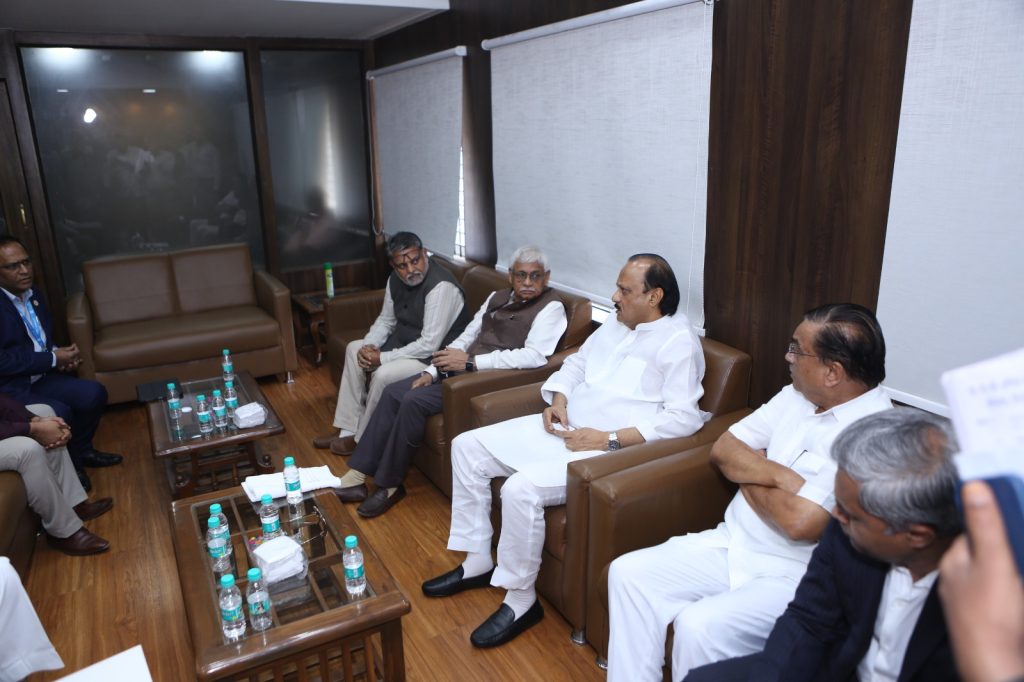Invitation for Bids (IFB) – Department of Immigration & Emigration
IFB No. – DIE/PRO/PKI/2025 – Procurement of Issuance System and Relevant Public Key Infrastructure Components for Personalization of e-Passports to the Department of Immigration & Emigration of Sri Lanka
I wish to inform you that, the Chairman, High Level Procurement Committee (HLPC) on behalf of the Department of Immigration and Emigration has invited sealed bids from eligible bidders for the Procurement of Issuance System and Relevant Public Key Infrastructure Components for Personalization of e-Passports to the Department of Immigration & Emigration of Sri Lanka.
All bids must be accompanied by a Bid Security in the form of bank guarantee of not less than Sri Lankan Fifty Five Million (LKR 55 Million) or the equivalent amount in a freely convertible currency in Sri Lanka.
Closing date for the submission of above is on or before 23rd June 2025 at 03.00 pm (Sri Lanka local time GMT+5:30).
Please find attached herewith a copy of the procurement notice of the above.
It would be appreciated, if you could kindly make necessary arrangements to disseminate the same among your membership.
Tel: (+ 91 22 )22045861/22048303
Fax: (+ 91 22) 22876132
E -mail: slcg.mumbai@mfa.gov.lk







